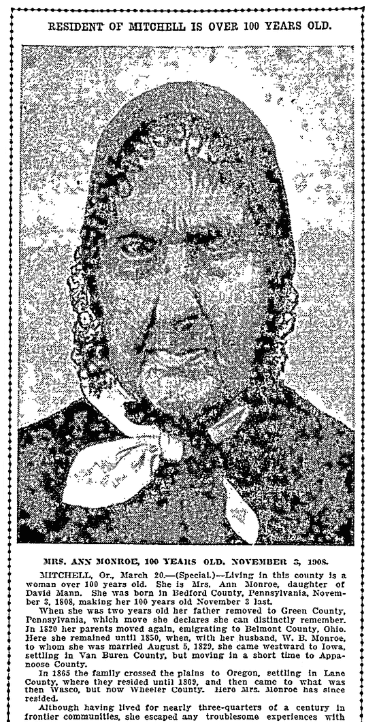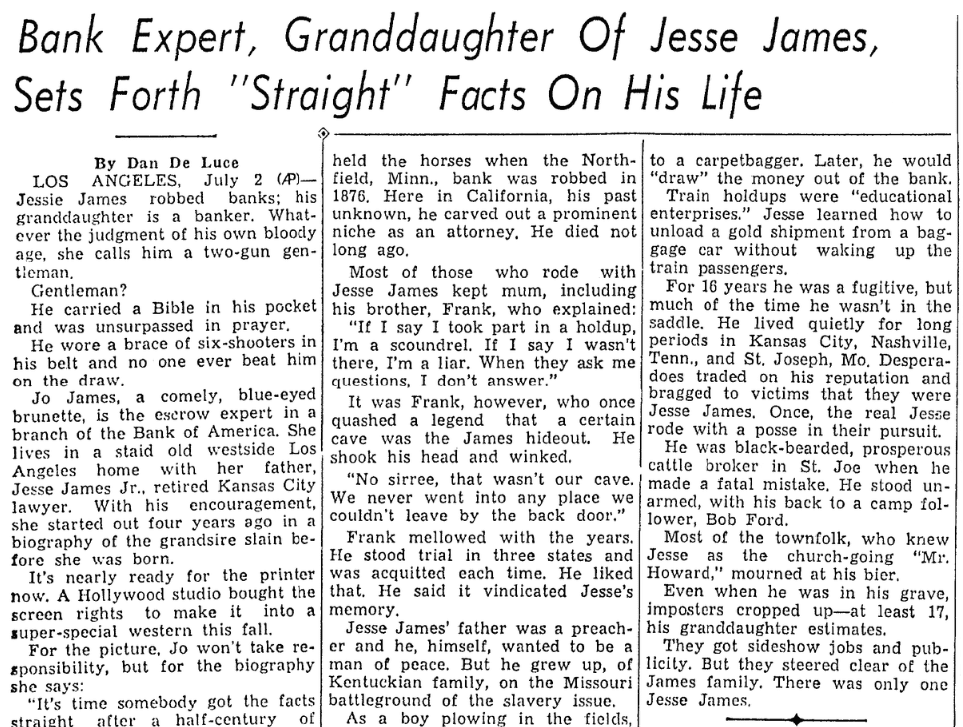Introduction: In this article, Gena Philibert-Ortega gives 10 genealogy tips because, as she says, “we can all use some new ideas, or even reminders, once in a while.” Gena is a genealogist and author of the book “From the Family Kitchen.”
What family history research are you working on right now? We can all use some new ideas, or even reminders, once in a while – and the following 10 tips are just the thing to help you get a start on your family history project.
Don’t try to tackle everything at once. Take a tip a day and work on incorporating it into your family history research.
Are you ready?
- Which ancestor will you research next? Before you skip back in time to that 18th century ancestor, take some time to fill in the details of your more recent family. Commit to finding your first four generations in old newspaper articles, order vital records certificates, and make sure you’ve documented their lives before you move on to earlier ancestors.
- How do you start a family history research project? Choose one ancestor and write down everything you know about them. Then ask one question about that ancestor, such as: “Where was Jane Smith born?” Concentrate on answering that one question before you move on to the next.
- Start your research with a timeline. As you research, add dates and events important to your ancestor. Include historical events and dates that might have impacted their lives, such as wars and financial depressions.
- Identify milestone events in your ancestor’s life. Consider what newspaper articles might exist that report on these events. For example, a 25th or 50th wedding anniversary, or living to be 100 years old. On your timeline, note the possibilities of these events and then search for them in the newspaper.

- Start a research log for your project. It’s too easy to get started and excited about your finds and then later forget what you found and where you found it. On your research log, note the information you were looking for, what you found, and where.
- Create a Names’ List for your ancestor to write out all the versions of their name, including likely misspellings of their first name and surname. Don’t forget to include nicknames, professional and marital titles (Mrs. John Smith), as well as initials.
- Join the genealogy society in the place where your ancestor lived. This membership often provides you access to online databases, publications, and research assistance.
- Have an ancestor who was famous or had a brush with fame? One of the first things you should do is determine the probability that they were actually involved. Research the history of the place, the famous person and era, and consult maps and newspapers. Is your ancestor in the right place at the right time?

- Not finding your ancestor in the census or a vital record? Try searching by using one of your name variations from your Names’ List. Then think about what other records might provide similar information. Can’t find her in the census? Try a city directory. No death certificate? Look for an obituary or a burial record.
- “Where should I look?” can be a difficult question to answer once you’ve exhausted the websites you are familiar with. Use a link portal like Cyndi’s List or Linkpendium to find other websites with information for a region or on a specific topic like a religion or occupation.
Did these 10 tips give you some ideas for your research? Let us know in the comments section below what you are going to use to enhance your research.
Good luck with your family history research!

Thank you for the reminder. I have been searching for my great grandmother, Elizabeth HAIM/HEIM, who was to have arrived in PA in the fall of 1882, probably in September, but have not been able to find the ship that she and her 4 children arrived on. Her husband had arrived in January 1881 and then he sent for her and the 4 youngest of their 6 children; my grandfather, Fred, was said to be 5, his older sister was 6 and she lived to be 103 or 105+ and was able to give interviews via an audio tape. Her sister, Tressie, was approx. 2, and younger brother, John, was about a year old when they came on the ship. She gave a fascinating story of how the ship had drunkards aboard and her mother was religious. When a terrific storm was about to capsize the ship she went to the captain and told him of the drunkards and that she felt they were the reason for the storm. The captain stopped the drinking and the seas were calmed down. She also explained a new mother pulling her hair out when her infant died and they had to throw the baby’s body overboard so sharks would not attack the ship. She also recounted picking flowers on the Alps in Austria while her father worked on the mountain. I would really like to find the ship manifest.